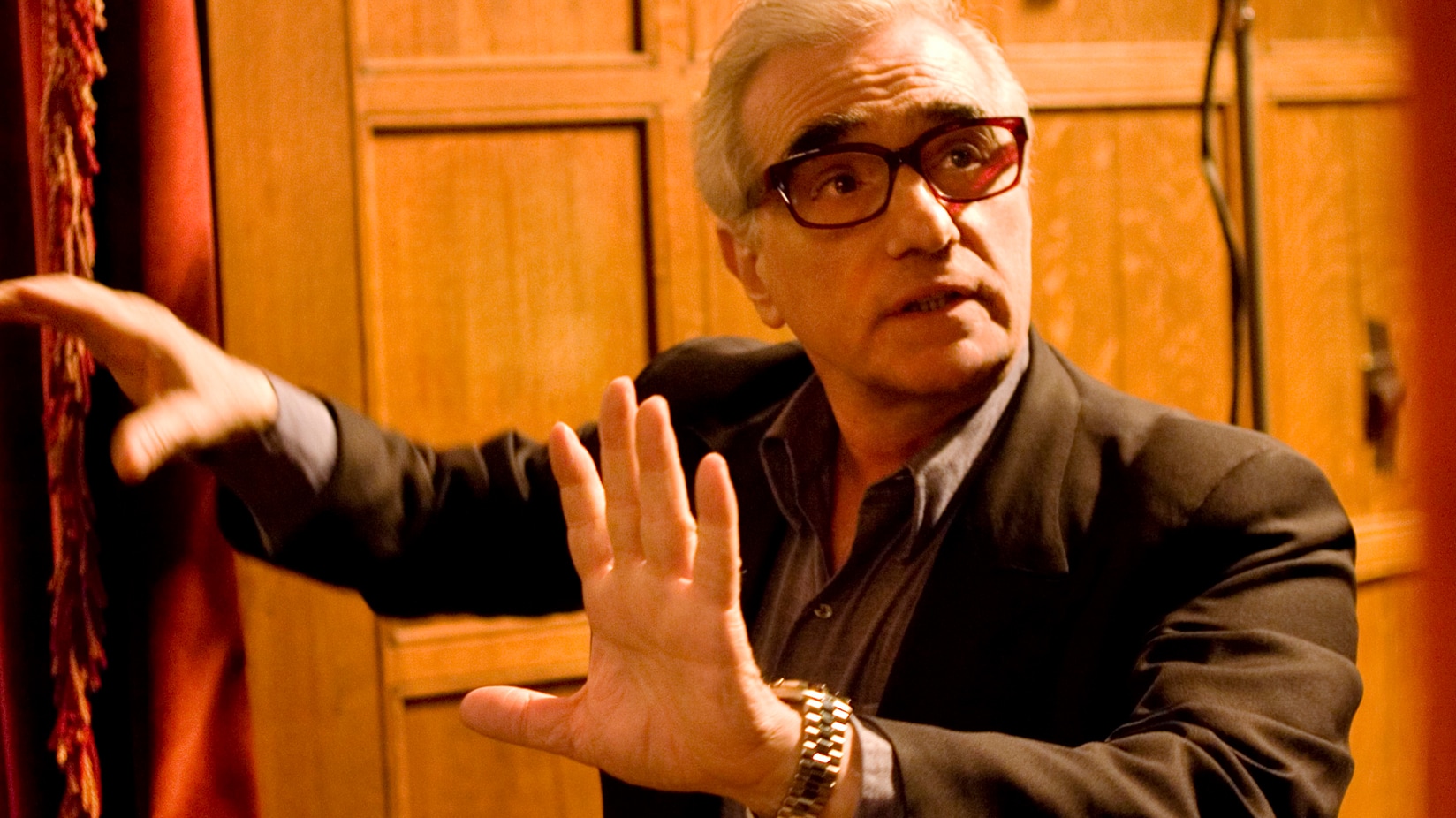In partnership with The Film Foundation, Turner Classic Movies is proud to bring you this exclusive monthly column by iconic film director and classic movie lover Martin Scorsese.
Hitchcock Binge-Watch Weekend (Begins June 26 at 6:00 AM ET)
I’m not a binge-watcher, but I like the idea of the Hitchcock Binge-Watch Weekend that the TCM programmers have put together for the last weekend of the month. Twenty-three movies in two days and nights, made over a 50-year span from The Lodger to Family Plot. Some of the pictures are among the greatest ever made, and all of them are crucial to any real understanding of cinema. They are foundational to the grammar and language of the art form and they cut deeper and deeper every time I watch them. I do have to say that the idea of binge-watching makes sense with the work of very few directors. There are many others with bodies of work as large as Hitchcock’s, spanning the same length of time: Ozu, Mizoguchi, Chaplin, Renoir, Ford, Walsh, Dwan, to name a few. But I don’t think that the idea would work as well with any of them, and that holds true for filmmakers with smaller bodies of work like Kubrick or Visconti. Why?
Hitchcock had a unique combination of strengths as an artist. He was always rigorous and never slipped into second gear. He mastered every tool at his disposal. He crafted narratives that were lively and often outlandish but always kept them firmly anchored in the emotional undercurrents between the characters. He made films that were 100% real and 100% dreamlike…which is a pretty accurate reflection of the way we experience life, I believe. And he was always thinking of the viewer. His investment in the creation of an experience for the movie watcher was so complete and intense as to be moving in and of itself. I don’t think I’ve ever seen Rear Window without someone in the audience gasping when Grace Kelly flashes the wedding ring and Raymond Burr realizes exactly what’s happening. I know that it always stuns me, because the entire movie suddenly turns on a dime, just as it does when James Stewart recognizes the necklace that Kim Novak is wearing in Vertigo. The same thing happens again and again in all of the films, in small and big ways. And it happens because every aspect of the cinema has been artfully integrated and engineered. To paraphrase Peter Brook on Shakespeare, Hitchcock is always ahead of us. He was a towering artist.
There is also the hair-raising moment in Saboteur when the fascist agent slips from the top of the Statue of Liberty and Robert Cummings catches his sleeve, which comes apart one seam at a time: suddenly, our sympathies are with the villain. That villain was, of course, played by Norman Lloyd, who died last week at the age of 106. I was lucky enough to work with him once, on The Age of Innocence. He was a wonderful actor, director and producer. He played a crucial role in the history of theatre and movies in this country, and he was generous with his storehouse of memories. We were very lucky to have had him for as long as we did.














